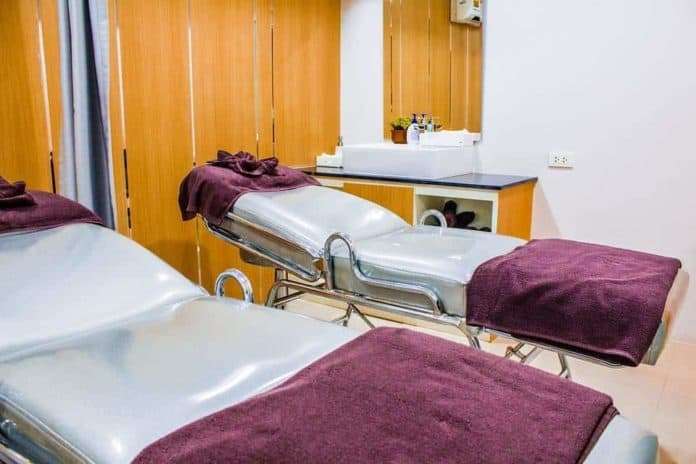In the aftermath of the Pulse Nightclub shooting, many doctors were celebrated for saving the lives of multiple patients who had been critically injured during the attack. But in the trauma ICU of Orlando Regional Medical Center, it was the nurses who acted as heroes and who did so for weeks.
“As scary as it was, we knew we could do this,” said Colleen Jennings, one of the nurses at ORMC’s trauma unit, to the Orlando Sentinel.
Of the 35 Pulse Nightclub victims, 15 were cared for in the trauma units of ORMC after they had survived the initial hour after sustaining critical injuries. ORMC has multiple trauma units, one for heart conditions, another for sepsis, and another for car crashes and gunshot wounds. However, the morning of June 12 last year the trauma units of ORMC became a united front.
“The different ICU units of the hospital became one large chain,” reported the Orlando Sentinel. “They started helping their sisters and brothers in trauma ICU make room for the incoming patients by moving some of the other trauma patients to their units.” Others filled in for trauma nurses who had gone to help still more of those patients who were critically injured.
The first morning after the Pulse Nightclub attack had been one of the most difficult for the units as nurses stepped in to help law enforcement identify patients. Many patients failed to have identification and so nurses searched for rings, markings, or tattoos and then went to the families of the victims in the hospital in the hopes of identifying the patients.
“We had all these unidentified people,” said Stephanie Urban, “and our policy is that we don’t let anyone die alone in our hospital. And especially not in our unit. To think that they could have died without families beside them was terrible. We kept telling them we’re doing everything we can to find your family.” Many of the patients were too injured to provide the nurses with their names with even write them down.
For Jim Zolnowski, the trauma ICU’s nursing operations manager, the experience hit close to home. A frequent visitor of Pulse Nightclub in his 20s, Zolnowski knew many of those waiting area, but was unable to assist them due to protocol.
“I’m part of the community that Omar Mateen targeted,” said Zolnowski, “so it’s very difficult for me. But I had to put that aside. Seeing how strong all the survivors were, I was very impressed. I’m very proud of this community.”
The survivors began improving over a series of weeks with some moving from the ICU to the step-down unit. By the Monday following the shooting, all patients had been identified.
A nurse of the step-down unit, Joey Lavallee said,
“The best was seeing their progression. “You get the watch them heal before your eyes, and that’s what makes it rewarding. … You see the patients starting to talk and follow commands. They address their family members, and they squeeze their hand, and you can see that that person is still there. Watching their personality come back remains one of the most rewarding parts of this job.”
The rewards are what keep nurses like Lavallee going even in the face of trauma and risk of injury to themselves. Orderlies and nursing assistants each suffer approximately three times more musculoskeletal injuries and back injuries than construction workers. And home health care workers suffer an even higher rate of injury, 50% higher than those who work in hospitals according to the US Bureau of Labor Statistics.
Still, Lavallee said, “I wouldn’t want to do anything else.”

